TPP to bolster agriculture export opportunities
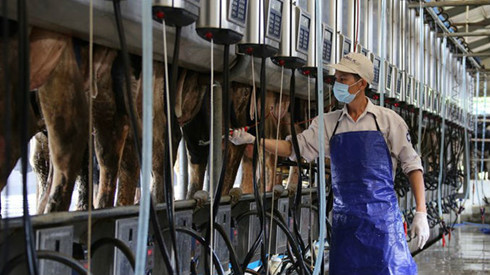
After the TPP’s signing, MARD Deputy Minister Ha Cong Tuan said the trade deal has the potential to create long term benefits for Vietnamese farmers, particularly in markets like the US, Canada, Mexico and Peru.
Deputy Minister Tuan said MARD recognized the TPP signing achievement but stressed it was now “critical the next steps be taken post-haste” and the agreement ratified by each Pacific Rim nation.
“What we need is for the benefits of this agreement and its potential to bolster Vietnam’s export opportunities and the broader economy to be realized,” said Tuan and for the ratification process not to get bogged down in politics.
When the agreement is ratified and given effect, it will help Vietnam reduce dependence on certain markets, such as the Chinese market, and become more flexible in its import-export activities.
Secondly, we are confident the agreement will provide expanded markets for Vietnam’s key farm produce exports by allowing them to be more price competitive in major national and regional markets around the globe.
There is no guarantee, but we are hopeful the trade pact will in turn help attract badly needed investment in the industry to facilitate installation of modern machinery, equipment and technologies into the antiquated systems that are now all too common.
Tuan stressed the signing of the TPP is a milestone for Vietnamese agriculture and a comprehensive and liberalizing agreement for the Vietnamese community.
“We now urge all those involved in the ratification process to ensure the agreement is promptly approved so that our industry and the broader economy can reap the benefits of increased global market opportunities,” said Tuan.
“The TPP is a monumental agreement for farmers and producers in the nation’s agriculture industry and the earlier it is ratified the sooner we can unlock the benefits of increased international trade.”
Nguyen Do Anh Tuan, director of the Institute of Policy and Strategy for Agriculture and Rural Development agrees with the assertion Vietnam will gain some competitive advantages in agriculture from the TPP.
“The biggest benefit is the opening up of foreign markets, particularly the US and Japan markets, which should provide a tremendous boost to farm produce exports in the coming time”, said Tuan.
However, there is little doubt that agriculture won’t be able to compete, at least initially with other nations said Tuan, specifically mentioning the inability to compete with the US and Canada (pork and chicken) and with, Australia and New Zealand (beef and milk products).
Lastly, Dr Nguyen Ngoc Tien from Quy Nhon University emphasized the need for agriculture to improve the quality of farm produce to meet the strict requirements of major markets such as the US and Japan.
“To do so, the government in concert with academia and non-governmental organizations should focus on research activities to create higher-yield varieties of agricultural produce taking into consideration the conditions of each region”, Tien underscored.
What the stars mean:
★ Poor ★ ★ Promising ★★★ Good ★★★★ Very good ★★★★★ Exceptional
Latest News
More News
- Trump's trade policies could shape Vietnam's economic outlook: Dragon Capital (November 15, 2024 | 16:56)
- Prioritising corporate governance for Vietnam’s sustainable growth (November 14, 2024 | 16:50)
- Vietnam eyes nuclear revival to bolster energy security (November 14, 2024 | 16:46)
- German businesses explore investments in Dong Nai (November 08, 2024 | 18:02)
- Vietnamese consumer sentiment outperforms regional averages (November 08, 2024 | 18:00)
- Exchange and interest rates forecast to remain stable after US election (November 07, 2024 | 14:04)
- Industrial real estate stocks benefit from US election results (November 07, 2024 | 13:56)
- 2024 sees $1.41 billion in fintech funding so far (November 07, 2024 | 08:13)
- Trump at 266 electoral votes, Harris at 195: US media (November 06, 2024 | 14:30)
- Hanoi targets digital and high-tech investment with upcoming event (November 06, 2024 | 13:28)




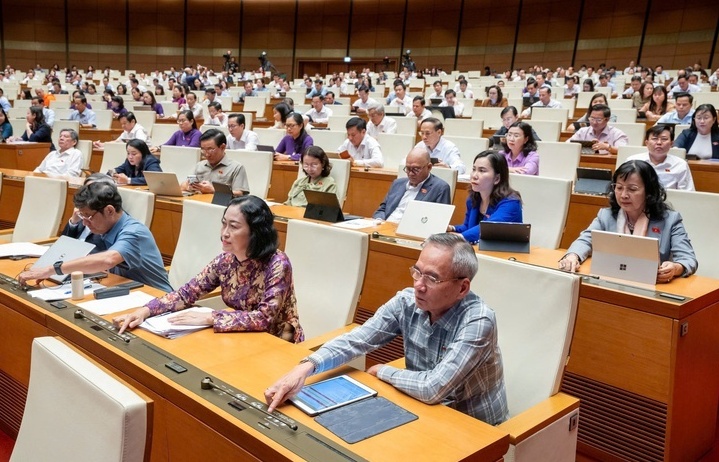
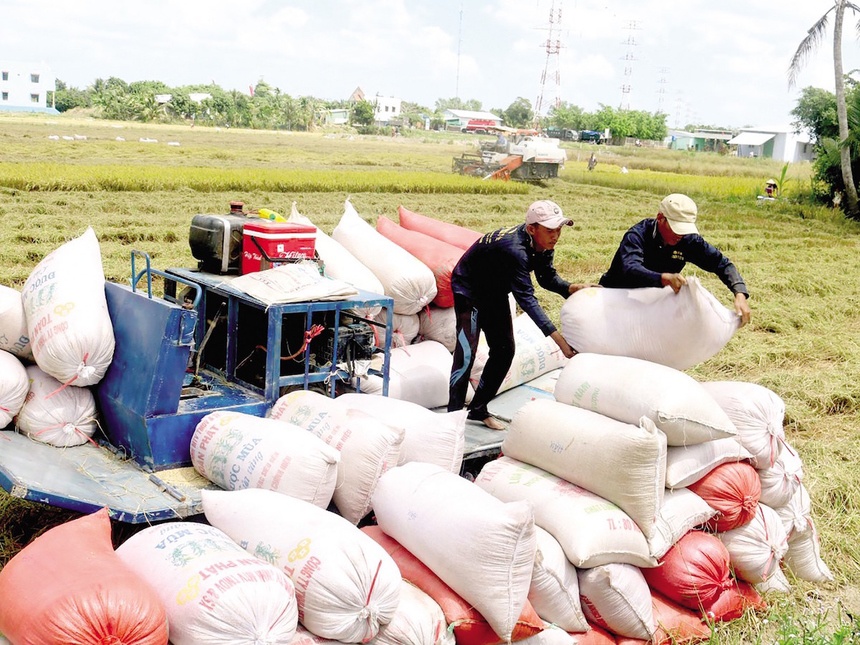
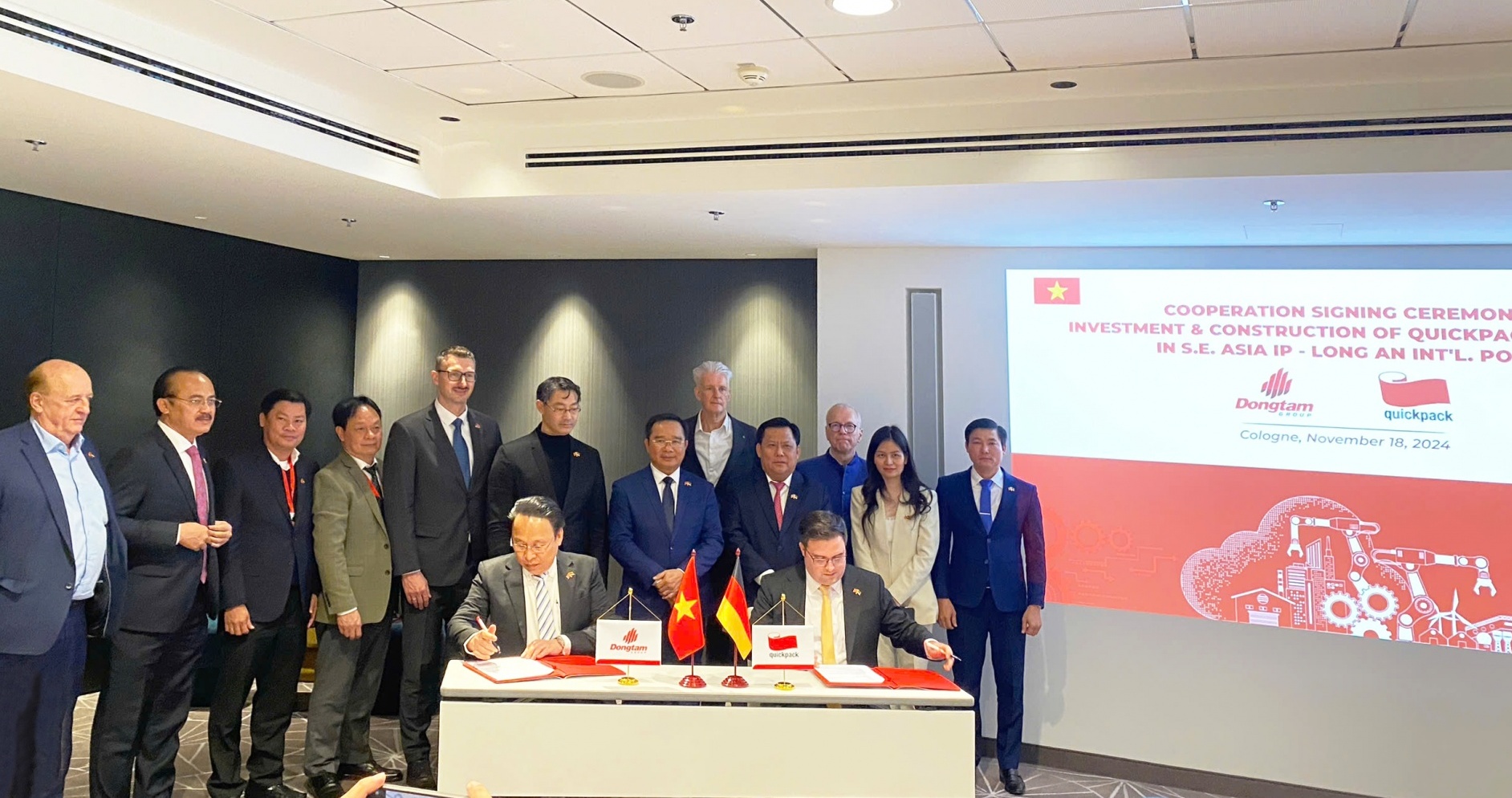
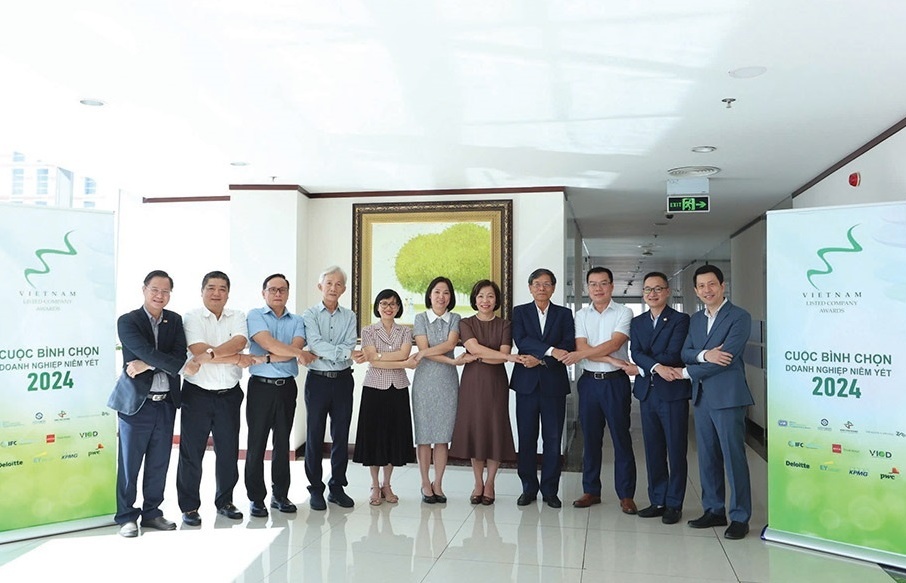









 Mobile Version
Mobile Version